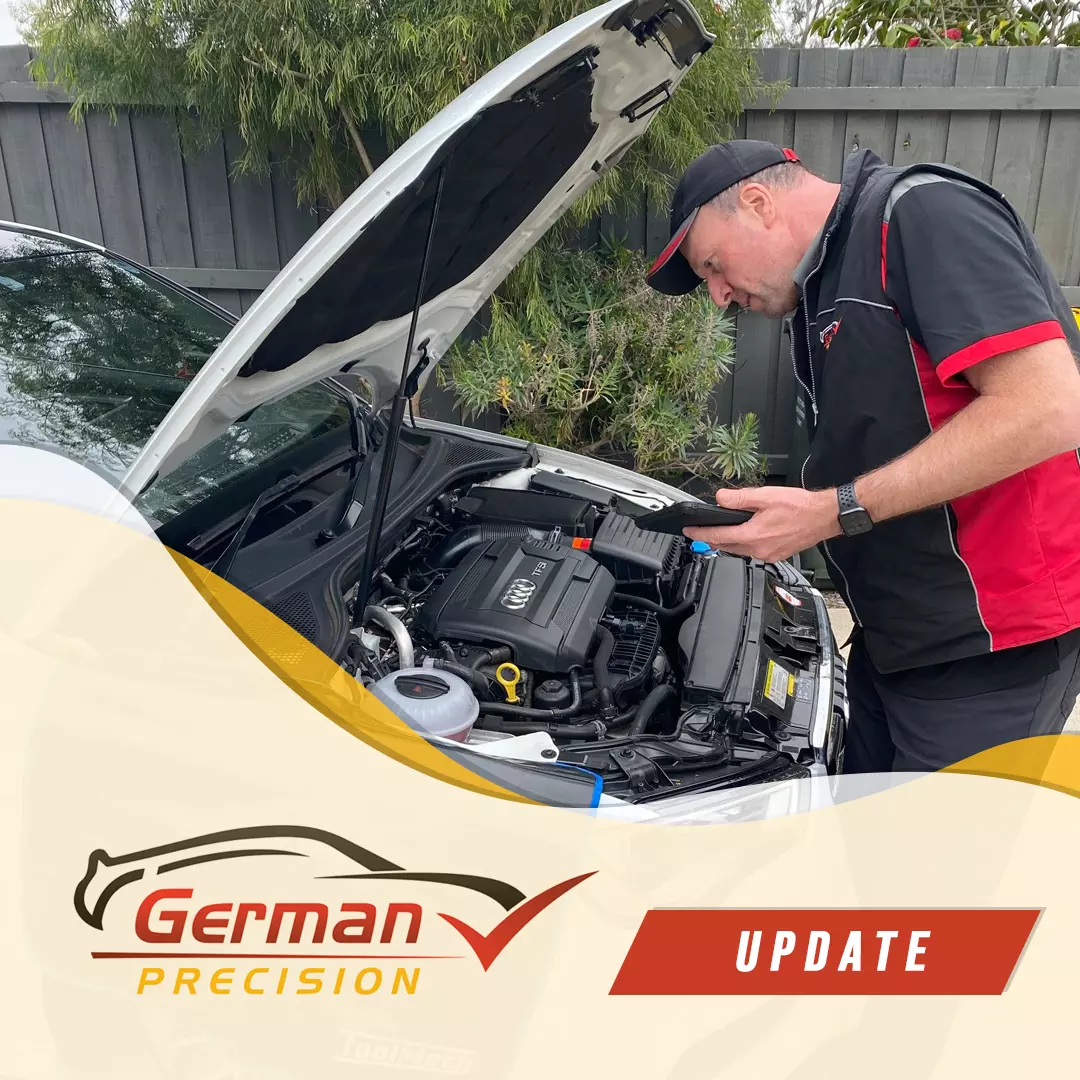If you’ve ever gone through the process of buying or selling a car, you’ll know that inspections are a standard part of the process. But did you know that not all car inspections are the same? For example, you have the safety inspection and the pre-purchase inspection.
What’s the difference between those two? Or, for that matter, what makes any car inspection different from the other? The answer is simple: the difference is in the purpose of the examination.
The safety inspection and the pre-purchase inspections are great examples of this. On the surface, they might both sound like the same thing. But that couldn’t be further from the truth! You see, a safety inspection aims to evaluate the vehicle’s roadworthiness. In other words, it seeks to answer the simple question of, “Is this car safe to drive on the road?” Whereas the pre-purchase inspection aims to help buyers decide, “Is this car worth buying?”
Let’s take a closer look at both.
What is car safety inspection?
As mentioned before, a vehicle safety inspection aims to determine the car’s roadworthiness. It assesses the vehicle’s ability to operate on public roads safely while transporting people and maybe even cargo (depending on the type of vehicle). Since its purpose is different from a pre-purchase inspection, the focus of the assessment is more on parts that’ll be critical to the car’s safety.
Local governments set the minimum requirements for a car’s roadworthiness, and thus, these requirements may vary between Australian states and territories.
At the end of the thorough checking process, the inspector will usually issue a document certifying that they have inspected the vehicle and that it is safe to drive.
What’s checked in a safety inspection?
The actual items that are checked during a safety inspection and those during a pre-purchase inspection may overlap but will not be the same entirely. In the case of a safety inspection, the person checking the car will focus more on car parts that affect the vehicle’s roadworthiness. Some of those things may include the following:
• Wheels and tyres
• Front and rear lights
• Front and rear windscreens, plus side windows
• Braking systems
• Steering and suspension systems
• Seats and seatbelts
• Overall frame
• Additional safety features
Assuming that all of these parts are in good condition, including others that the local government may specify, then the vehicle should pass the safety inspection. A certificate will be issued declaring that the car is roadworthy and street-legal.
Having that certificate is useful if you’re in a situation where you need to prove that your car is safe to drive. It may also come in handy if you’re planning on selling a car. If that’s the case, you may need to perform a pre-purchase inspection as well.
What’s a pre-purchase inspection?
A pre-purchase inspection is done when someone wants to sell their car. Whether you’re the buyer or the seller, the pre-purchase inspection is something you should be concerned about. Like the safety inspection, a pre-purchase inspection will tell you if the car is safe to drive.
More importantly, the inspection also tells you a lot more. For instance, it’ll speak about the overall condition of the car. Through an independent third-party inspector, the potential buyer will find out if the owner has kept the vehicle well-maintained and in good condition.
Why is a pre-purchase inspection so important? For the buyer, they need to know so that they don’t end up buying a faulty vehicle with hidden problems. In doing so, they will be able to avoid any regrets and avoid spending more money on repairs later on.
For a seller, they’ll be able to determine what a fair price might be on their vehicle. Plus, they will be able to inform potential buyers of the car’s condition in greater detail.
What’s checked in a pre-purchase inspection?
The purpose of a pre-purchase inspection goes beyond checking the safety and roadworthiness of the vehicle. Here are the different parts and systems that an inspector will usually check:
• Dashboard
• Engine
• Brake system
• Tyres
• Suspension
• Exhaust
• Lighting
• Air conditioning system
• Overall body of the vehicle
• Fluids and miscellaneous items
As you can see, the scope of a pre-purchase inspection is much broader. That’s because it’s not only checking for safety issues, but it’s also looking at all other car systems that’ll affect the buyer. If any of these systems are in bad condition, the potential buyer deserves to know. Since they could potentially end up spending more on repairs later on, it could affect the final price they’ll pay for the vehicle itself. Or, it might change their buying decision entirely, and they might decide to invest in another car.
Hire a Professional
At the end of the process, you will be presented with a condition report that will identify any problems, current or potential, and, in many cases, an estimate of the cost of repairing such issues, as well as a timeline on when it’s likely they’ll be needed.
As you can imagine, that’s handy information to have before you buy a car – are you getting a good deal or buying someone else’s issues?
Have a professional inspector like German Precision to do a thorough pre-purchase car inspection to ensure that your dream car is operating properly.
If you are looking for a professional pre-purchase car inspector in Melbourne, do not hesitate to contact German Precision or Prepurchase Check today!
sources: carpart.com.au, autoguru.com.au

